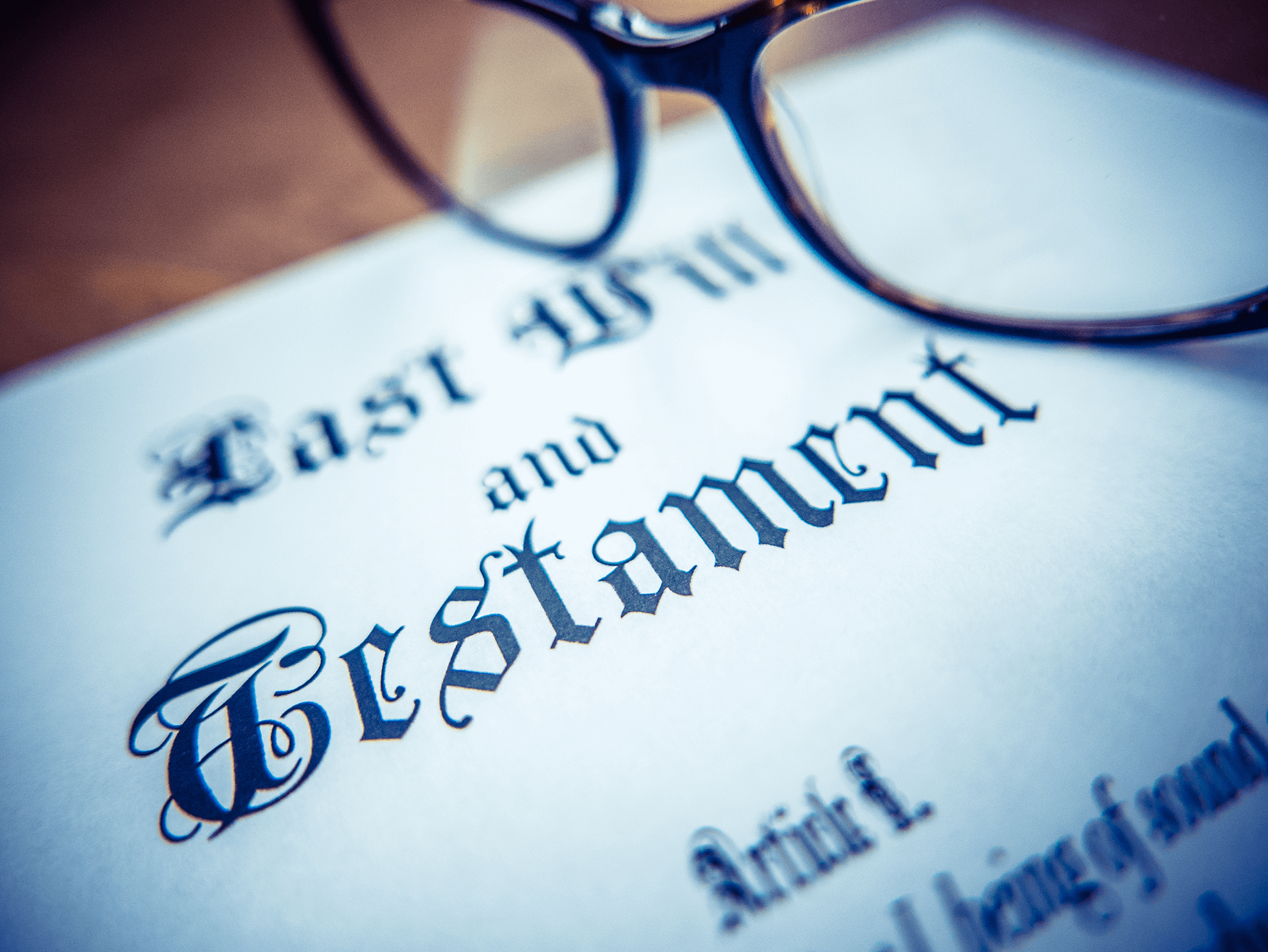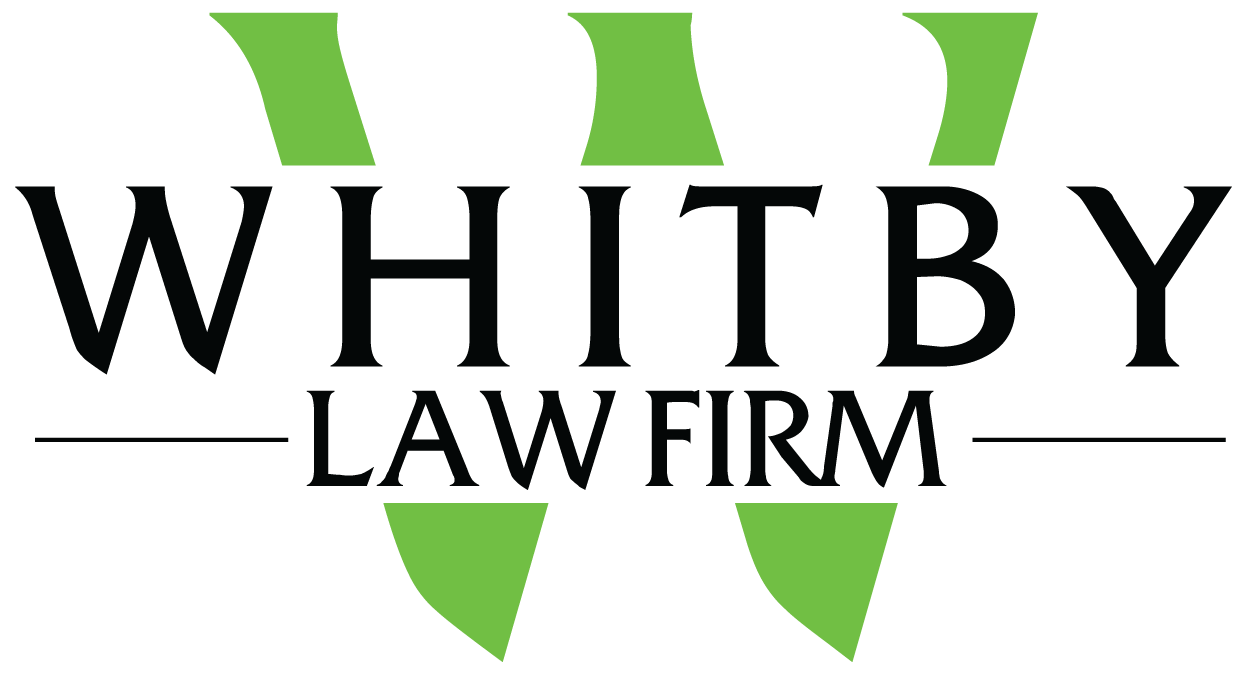Estate Planning
We can help you determine if a Last Will and Testament is appropriate, or a revocable trust, or transfer of assets is more appropriate for your estate planning. Sometimes a combination of all of these tools are necessary. Our complimentary consultation is easy and you do not need to bring anything with you. Let us talk with you about your intentions and your concerns and we can formulate the best method of accomplishing your goals.

Deeds
For many families, use of a Beneficiary Deed allows them to transfer real property immediately upon death, without the need for probate. The financial savings to the family is immense. Beneficiary Deeds can be revoked if plans change. We also can assist with quit claim deeds, warranty deeds, and in cases of probate, personal representative’s deeds.
Last Will and Testament
- Provide for your family
- Specify who you would like to receive your property
- State your funeral and burial instructions
- Create a trust for minor children
- Disinherit a person(s)
- Name a guardian for minor children
Power of Attorney
An ordinary power of attorney is a legal document, signed by a competent person, which gives another person the authority to handle some or all the first person's affairs. The first person is called the "principal. " The individual acting on behalf of the principal is called the "agent" or "attorney-in-fact " (although he or she need not actually be an attorney). Powers of attorney are usually prepared by lawyers.
A power of attorney may be very limited, covering a single transaction or event. A power of attorney also may be very broad, giving the agent decision making power over all aspects of your financial and personal life.
A power of attorney is only valid if the principal was mentally competent when he signed it, and powers of attorney generally end automatically when the principal dies or becomes incapacitated. In addition, the power of attorney itself may specify when it shall end -- such as the occurrence of an event (e.g., "This power shall remain in effect until I return to my residence from my trip to Paris.") or a certain date (e.g., December 25, 2008)

Practice Areas
Family Law
Divorce, Guardianship, Child Support, Pre-Nuptial Agreement
Mediation
Family and Business Mediation
Adoptions
Newborn, Step-Parent, Adult
Estate Planning
Wills, Deeds, Power of Attorney
Criminal Defense
DUI/DWI, Expungements, All Criminal Issues
Business
Business creation, Contracts, and more

